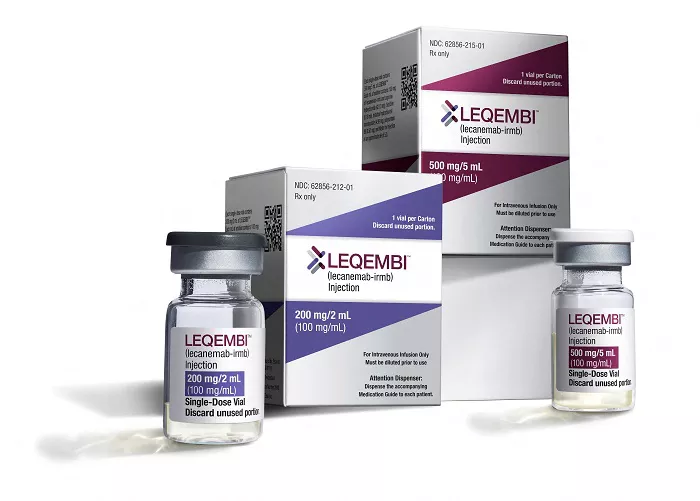Itchy skin is a common symptom of allergies and can be caused by a variety of allergens, including pollen, pet dander, and certain foods. It can be uncomfortable and distracting, but there are several allergy medicines that can be effective in relieving itchy skin. In this article, we will discuss what allergy medicine is good for itchy skin.
Understanding Allergic Reactions
Allergic reactions occur when the immune system mistakenly identifies a harmless substance as harmful and produces an immune response. This immune response can cause a range of symptoms, including itchy skin.
Allergens can be found in many different forms, including pollen, dust mites, pet dander, and certain foods. When an allergen comes into contact with the skin, it can cause an itchy rash or hives.
What Allergy Medicine is Good for Itchy Skin?
There are several types of allergy medicines that can be effective in relieving itchy skin. These include:
Antihistamines
Antihistamines are a type of allergy medicine that can help relieve itching by blocking the effects of histamine, a chemical produced by the immune system in response to an allergen. Antihistamines are available in both over-the-counter and prescription strength.
Over-the-counter antihistamines include diphenhydramine (Benadryl), loratadine (Claritin), and cetirizine (Zyrtec). These medications are generally safe and effective for relieving mild to moderate itching.
Prescription antihistamines include fexofenadine (Allegra), levocetirizine (Xyzal), and desloratadine (Clarinex). These medications may be more effective than over-the-counter antihistamines for severe itching, but they may also have more side effects.
Topical Steroids
Topical steroids are a type of medication that can be applied directly to the skin to relieve itching and inflammation. They work by reducing the immune system’s response to an allergen.
Topical steroids are available in a variety of strengths and forms, including creams, ointments, and lotions. They are generally safe and effective for relieving mild to moderate itching, but they may have side effects if used for long periods of time.
Common topical steroids include hydrocortisone (Cortizone-10), triamcinolone (Kenalog), and betamethasone (Diprolene).
Immunomodulators
Immunomodulators are a type of medication that can be used to treat severe itching caused by allergic reactions. They work by suppressing the immune system’s response to an allergen.
Immunomodulators are available in both topical and oral forms. Topical immunomodulators include pimecrolimus (Elidel) and tacrolimus (Protopic). Oral immunomodulators include cyclosporine (Sandimmune) and azathioprine (Imuran).
Immunomodulators can be effective in relieving severe itching, but they may also have side effects and should only be used under the guidance of a healthcare provider.
Moisturizers
Moisturizers are a type of medication that can be used to relieve dry, itchy skin caused by allergies. They work by hydrating the skin and reducing irritation.
Moisturizers are available in a variety of forms, including creams, lotions, and ointments. They are generally safe and effective for relieving mild to moderate itching, but they may not be effective for severe itching.
Common moisturizers include petroleum jelly (Vaseline), ceramides (CeraVe), and urea (Carmol).
Allergy Shots
Allergy shots, also known as immunotherapy, are a type of treatment that can help relieve itching caused by allergies. Allergy shots work by exposing the body to small amounts of an allergen over time, which can help the immune system build up a tolerance to the allergen.
Allergy shots are typically given over a period of several months or years and may be effective in reducing the severity of allergy symptoms, including itching.
Epinephrine Auto-Injectors
Epinephrine auto-injectors, also known as EpiPens, are a type of medication that can be used to treat severe allergic reactions, including those that cause itching and hives. Epinephrine works by constricting blood vessels and opening airways, which can help relieve symptoms of an allergic reaction.
Epinephrine auto-injectors should be carried by anyone with a history of severe allergies, especially those that cause hives or difficulty breathing. They should be used immediately in the event of a severe allergic reaction.
Conclusion
Itchy skin is a common symptom of allergies, but there are several allergy medicines that can be effective in relieving itching. Antihistamines, topical steroids, immunomodulators, moisturizers, allergy shots, and epinephrine auto-injectors are all options for treating itchy skin caused by allergies.
It is important to talk to a healthcare provider before starting any new medication, especially if you have other medical conditions or are taking other medications. Your healthcare provider can help you choose the best allergy medicine for your specific needs and monitor you for any side effects.
[inline_related_posts title=”You Might Be Interested In” title_align=”left” style=”list” number=”6″ align=”none” ids=”4659,4610,4607″ by=”categories” orderby=”rand” order=”DESC” hide_thumb=”no” thumb_right=”no” views=”no” date=”yes” grid_columns=”2″ post_type=”” tax=””]































